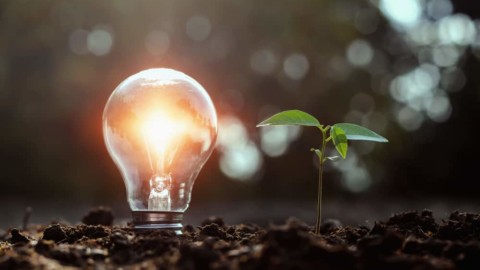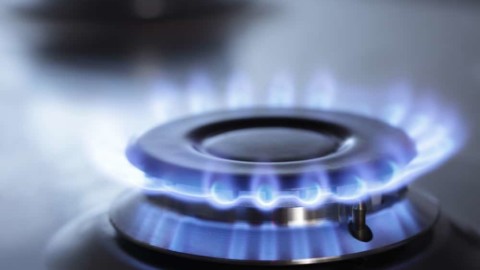The Federal Government has invested $35 million to support a big battery in Darwin, microgrids in remote First Nations communities and solar banks across the Northern Territory.
The investments will provide crucial power bill price relief for Territorians, ensure the Northern Territory’s growing share of renewable energy is more reliable and secure and reduce emissions.
Up to $15 million will support the rollout of a 35MW battery at Darwin’s Channel Island Power Station that has the capacity to provide power to 150,000 Territorians.
Another $15 million will support microgrids in remote Indigenous communities to reduce their reliance on expensive diesel generators.
The Federal Government will also provide $4.7 million in funding to deploy solar banks across the Territory, in the form of community-scale solar and clean energy technologies.
Federal Minister for Climate Change and Energy, Chris Bowen, said these investments would ease energy bill pressure for Northern Territory families and improve the state’s energy reliability.
“The Channel Island battery will help households and businesses save on electricity bills by unlocking additional capacity for renewables, delivering cheaper and cleaner energy to homes and businesses,” Mr Bowen said.
“This investment is about ensuring Territorians, whether or not they’re on the grid, get a fair deal on energy and businesses get the affordable energy they need.
“Microgrids will help First Nations communities protect their environmental and cultural heritage by dramatically reducing the use of diesel as a source of power.
“Solar banks will allow Territorians who don’t have access to solar ownership, such as renters and apartment dwellers, to have equity in the country’s clean energy transition.”
The solar banks funding is part of a broader commitment by the government to co-invest $101 million in solar banks to provide cheaper electricity for more than 25,000 Australian households that can’t install their own solar.
The Federal Government’s Energy Price Relief Plan capped skyrocketing coal and gas prices, reducing wholesale electricity prices by 50 per cent since October, and more than five million households and one million small businesses will be eligible for Energy Price Relief Rebates from July 1.
As part of the Government’s plan to ease the cost of living without adding to inflation, the 2023-24 Budget delivered more than $1.6 billion for energy saving upgrades for homes, businesses and social housing.
This investment will help people with older homes and appliances that don’t meet modern energy standards to upgrade and keep money from leaking out the door.
In addition, the landmark Capacity Investment Scheme, agreed with states and territories, will drive around $10 billion investment in clean, dispatchable, and reliable power.
The electricity grid will also be modernised to meet the demands of the rapidly changing market through the $20 billion Rewiring the Nation plan.
















